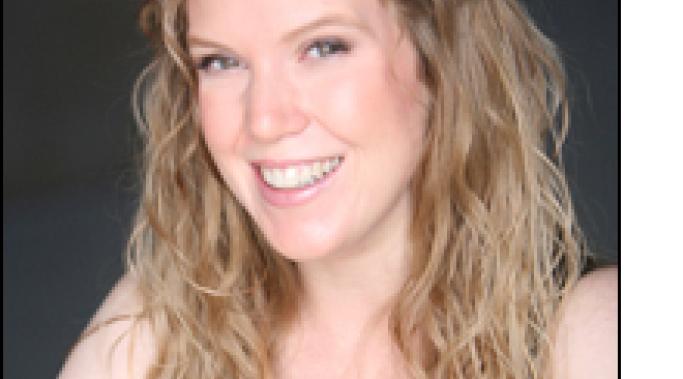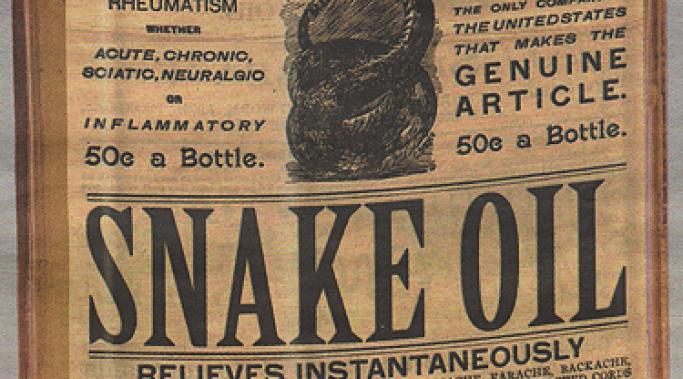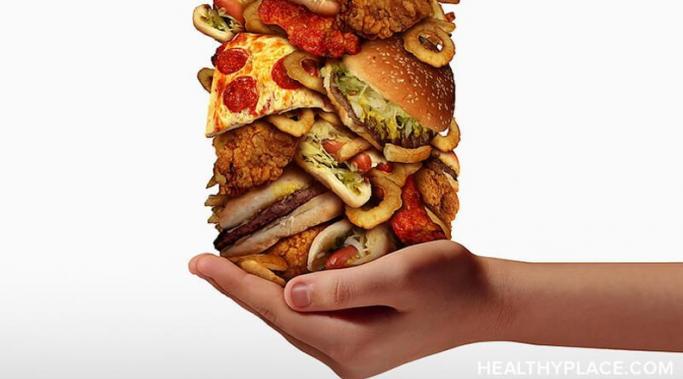Family-Based Maudsley Therapy Is Not a Do-It-Yourself Approach
There is a mistaken idea out there that Maudsley treatment for eating disorders is something parents can just decide to do without professional support. While I know families who do take on the re-feeding (weight restoration) responsibilities, I think it is important to keep in mind that this is only one part of the approach, and why it works well for so many families.
myths - Eating Disorder Recovery
There is a sad and self-fulfilling myth out there that you can't completely recover from an eating disorder. We have to fight this pessimism!
I complain a lot about the lack of common ground out there about eating disorders. There are theories posited in conversation and in the press and even in refereed professional journals giving definitive, yet unfounded theories on the causes of eating disorders. So, why the lack of common ground?
I don't think it is deliberate, or a hidden agenda, or anyone's greed or carelessness. I think it is JUST COMPLICATED.
"And" vs. "But" Important in Discussing Causes of Eating Disorders
Conversations about what causes eating disorders involve a lot of "and, and, and" and "but, but, but."
I think we'd all do better if we make a distinction when it comes to causes of eating disorders.
A lot of people seem to think that "re-feeding" is just for treatment of anorexia. I'd like to argue for a different way of looking at weight restoration and nutrition for all eating disorders.
We've all heard of patients and parents of patients "Googling" an illness or treatment and arriving to appointments with print-outs and pointed questions. The problem is new, but not unexpected. New technologies and access often make people nervous. There was a time when women weren't allowed to read novels and locomotive trains were believed to cause internal damage because they traveled so fast. To be fair, the public is known to over-reach on new ideas as well: the Atkins Diet and pet rocks come to mind.
I'm a pretty loud critic of old and discredited ideas about eating disorders; and there are many. I have to say, though, lately I have more-and-more optimism about the future.
I want to ask you a favor. Just for right now, try to set aside everything you’ve heard about eating disorders.
Forget all the magazines, movies, rumors, and that girl in science class. Forget the after-school special, the celebrity photo, and your own relationship with food and weight. Let's start over fresh. Before my daughter developed a life-threatening eating disorder, I had a lot of ideas I needed to forget. Let me offer you a new view.







